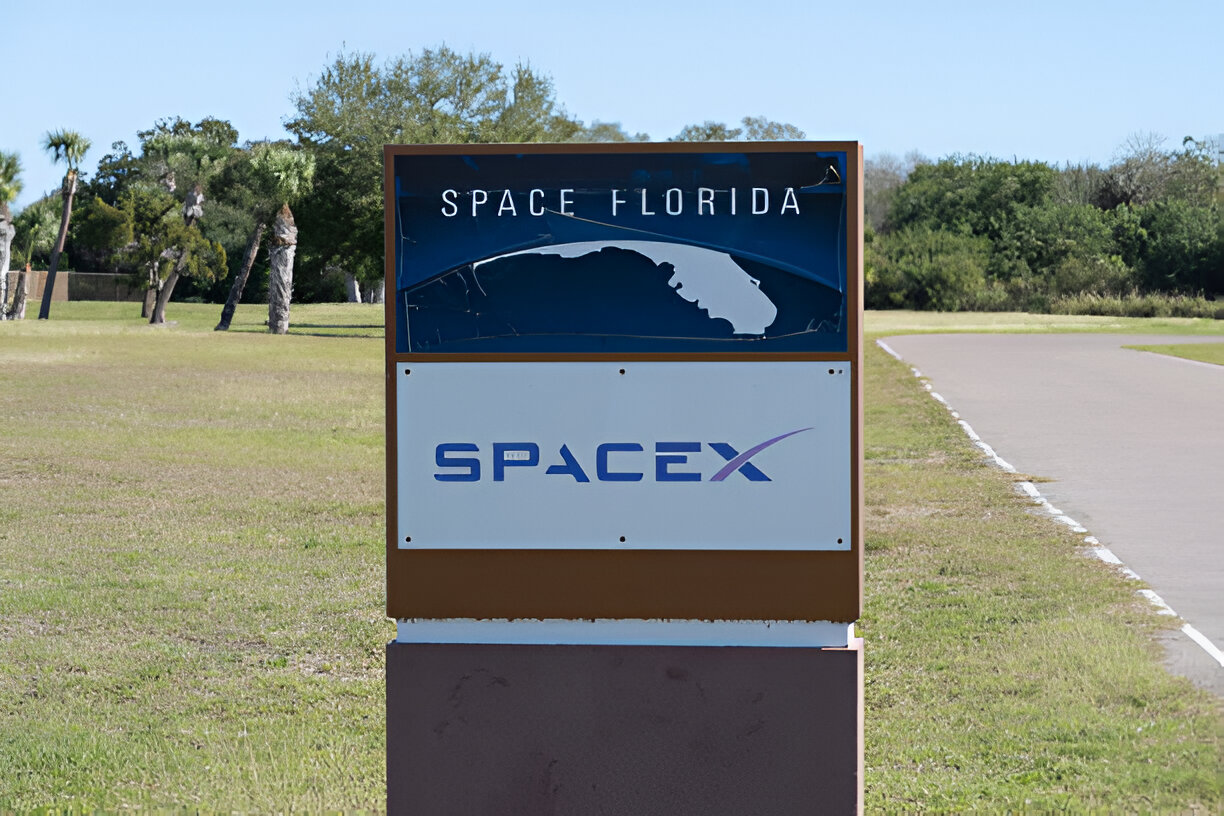On January 4 (UPI) — SpaceX kicked off its 2025 flight schedule by launching a Falcon 9 rocket carrying a Thuraya 4 satellite from Cape Canaveral Launch Complex 40 in Florida.
The Falcon 9 rocket lifted off at 8:27 p.m. EST on Friday.
After eight minutes and 40 seconds, the booster successfully returned to Earth, landing on SpaceX’s drone ship, “A Shortfall of Gravitas,” in the Atlantic Ocean.
Falcon 9 successfully launched @Space42ai’s Thuraya 4 into orbit, marking our first mission of the year! pic.twitter.com/ekVQR6605M— SpaceX (@SpaceX) January 4, 2025
This marked the 20th flight and recovery for this particular Falcon 9 first-stage booster, contributing to SpaceX’s total of 341 recoveries for orbital-class rockets, which includes both Falcon 9 and Falcon Heavy boosters.
After 35 minutes and 30 seconds into the flight, the Thuraya 4 satellite detached from the rocket’s second stage.
It was placed into a geostationary transfer orbit and will remain in a fixed geosynchronous orbit above a specific location on Earth.
The satellite was constructed by Airbus for Space42, a company that emerged from the merger of the United Arab Emirates’ main satellite provider, Al Yah Satellite Communications Company (Yahsat), and an AI-driven geospatial solutions firm, Bayanat.
Currently, Space42 operates two geostationary satellites: Thuraya 1, which was launched in 2001, and Thuraya 2, launched in 2003, both of which were built by Boeing.
These satellites offer coverage to customers on land, at sea, and in aviation across Africa, Central Asia, Europe, and the Middle East.
Thuraya 3, which launched in 2008, experienced a “payload anomaly” that led to an ongoing service outage, as reported by the company.
A Falcon 9 rocket has had a total of 418 launches, making this SpaceX’s 435th mission overall.
In 2024, SpaceX completed more than 130 orbital missions.
SpaceX concluded 2024 with a New Year’s Eve launch from Florida.
Additionally, the company has scheduled Falcon 9 launches for Starlink satellites, with launch windows on Sunday from 12:10 p.m. to 4:41 p.m. EDT from Cape Canaveral Launch Complex 40, and on Monday from 11:19 a.m. to 4:50 p.m. from Kennedy Space Center’s launch pad 39A.
Another company, Blue Origin, is planning to launch a 320-foot New Glenn rocket on Monday, with the first stage booster attempting to land on a platform at sea; this is set for 1 a.m. EST from Cape Canaveral Launch Complex 36.





